Flanders Cross
SKU: 02.WMR.0202.101.01
Estimated market value:
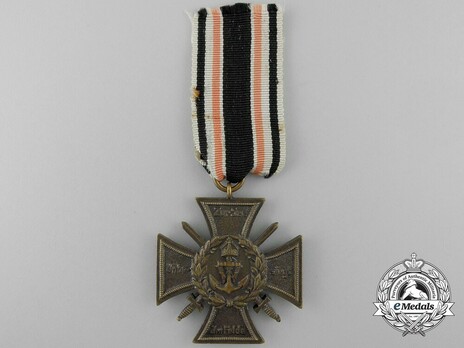
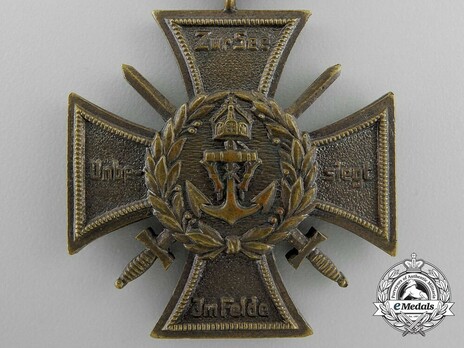
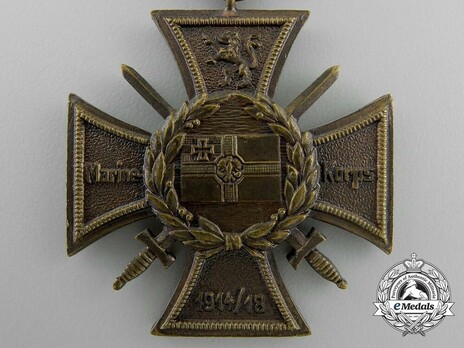
Estimated market value:
Attributes
History
The Flanders Cross was instituted on September 13, 1921 by the post-war veterans’ association “Kameradschaftsverband des Marinekorps Flandern”. It was eligible for all German former military personnel who took part in battles in Flanders.
The cross has the shape of an equilateral Teutonic cross, with crossed swords between its arms. The obverse of the cross shows a lion (Flemish heraldic symbol) on the upper arm. In the centre is the "Reichskriegsflagge" (1903 pattern Imperial German Naval Ensign) surrounded by a laurel wreath, tied at their bottom. On the reverse of the cross is a crowned naval anchor with a monogram of Wilhelm II. It is surrounded by a laurel wreath.
The obverse inscriptions translated to “Naval” (“Marine”) and “Corps” (“Korps”) and the reverse inscriptions to “Undefeated on sea and land”.
Depending on the preference of its holder, the award was worn showing either obverse or reverse and on the left side of the breast.
The Flanders Cross is also known as "Commemorative Honour Cross of the Navy Corps Flanders".
Recipients who participated in a particular battle were eligible to add a clasp. In most cases a specific entry in a Soldbuch was neccessary as proof. The clasps were made of Buntmetal (non-ferrous metal, usually bronze, brass, or tombac) and were attached to the ribbon.
The following clasps were issued:
- Antwerpen
- Durchbruchsschlacht
- Durchbruchsschlacht 1918
- Flandernschlacht
- Flandernschlacht 1917
- Luftkrieg
- Seekrieg
- Somme
- Ypern
- Yser
The were approximately 30,000 crosses issued.

Versions
$125 USD
Bronze gilt
Rev.: MARINE KORPS 1914/18 Obv.: UNBESIEGT ZUR SEE IM FELDE
40mm

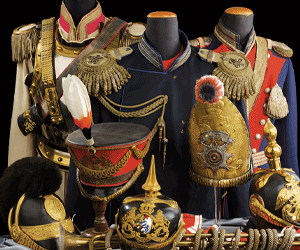
Comments
Sign in to comment and reply.
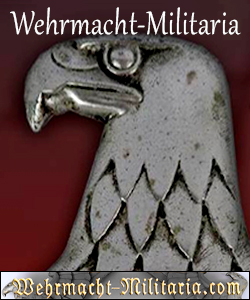

Scroll Top